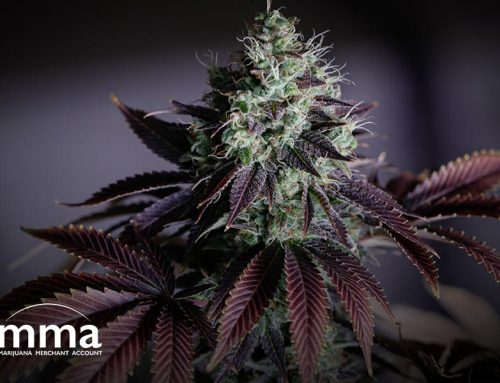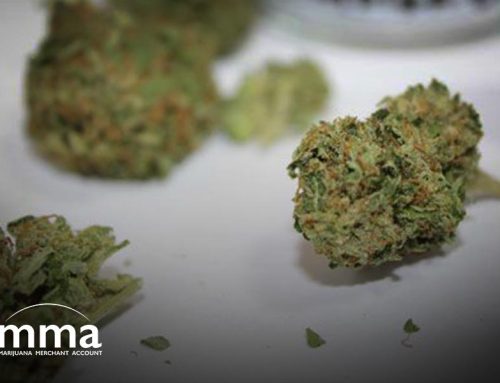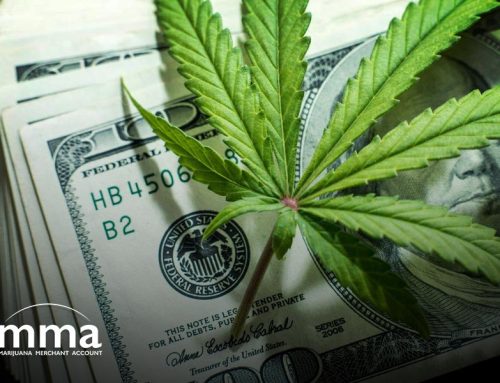Much-needed banking services may soon be available to more cannabis-related businesses in the U.S. than ever before as federal legislation has taken one step closer to passing a marijuana banking bill.
Cannabis has been regulated either medically or for adult-use in over 30 states, but much of this billion-dollar industry has to be cash-only due to the federal cannabis prohibition. Finding cannabis banking solutions has been a priority for several legislators and their constituents, and after long days of debate and several amendments later, the House Financial Services Committee moved the bill forward with a vote of 45-15.
There are several more steps to go before the bill becomes law, and it will likely be tweaked along the way, but this swift action comes on the heels of several attempts in the last few years to pass similar legislation. Cannabis banking is becoming a bipartisan issue, as both Republicans and Democrats recognize the inherent safety issues and industry drawbacks that comes from a cash-only system.
Secure And Fair Enforcement (SAFE) Banking Act
Called the Secure And Fair Enforcement (SAFE) Banking Act, over a third of the representatives in the House have co-sponsored the bill, including a dozen Republicans. The SAFE act would protect banks from being penalized for working with regulated cannabis businesses — currently, financial institutions could face money laundering charges, among others. The big point being that “proceeds from a transaction conducted by a cannabis-related legitimate business shall not be considered as proceeds from an unlawful activity solely because the transaction was conducted by a cannabis-related legitimate business.”
A few Republicans in the House requested the committee vote be delayed so that more research could be done on the cascading impacts these changes will make. In their letter to House Chairs Maxine Waters and Gregory Meeks, Republican leaders of the House Financial Services Committee Patrick McHenry and the Consumer Protection and Financial Institutions Subcommittee Blaine Luetkemeyer stated they had 15 questions that needed to be addressed. Many of these questions requested detailing how this would change how banks would report suspicious activities to the government and other reporting and due diligence requirements.
“The impact that many state laws, which have legalized marijuana, have on the federal laws governing the manufacturing, use, and sale of marijuana, including proceeds, raise many questions and concerns,” stated the letter from McHenry and Luetkemeyer. “Any change to these statutes, or those that impact them, has the potential to divide the Congress and the country. We must ensure that Congress has done its due diligence, including conducting thorough oversight and review, before moving such legislation.
The letter requesting delay went unheeded, however, as the committee voted to move it forward on March 28.
Several amendments have been added to the bill already, including changes that would require the federal government to study diversity and inclusion in the cannabis industry as well as barriers to entering the marketplace. Others were discussed but not incorporated at this stage, including a provision that would have left out cannabis businesses and would have been only for hemp-related businesses. That provision failed 42-18.












